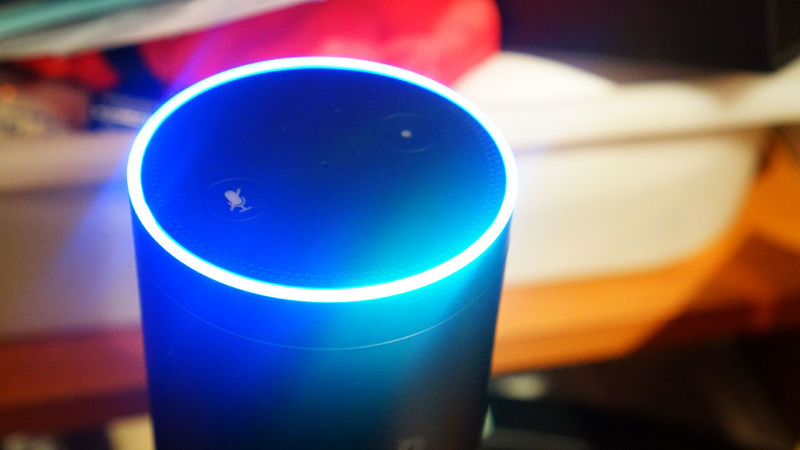If smart speakers – or, more specifically, the AI entities that reside within – were reckoned on the basis of how many specific skills they possessed, Amazon Alexa would still be right on top of the pile. As of June 30, 2017, Voicebot.ai says that Alexa has 15,069 skills. In comparison, Google Assistant on Google Home and Android-based hardware has no more than 378 Voice Apps (formerly called Actions.) Cortana, Microsoft’s AI program, has 65.
But that’s just the surface data. If you dig a little deeper into the growth rates of these skills, you’ll notice something else. The growth figures look like they’re inverted. Alexa Skills grew more than 100% in the last six months; Google Assistant’s Voice Apps grew 24%; Cortana’s grew by only 12%.
You would assume that with the comparable resource these three companies have, Alexa skills should have been growing the slowest, topped by Google Assistant and then Cortana in the lead.
That’s not happening. And there’s a reason why.
At this point in time, nearly three times as many people own an Amazon Echo or related product as a Google Home. Developers are always going to gravitate to where the users are. And this represents possibly the biggest challenge to Google Home, Apple HomePod, Samsung Vega, Essential Home, Microsoft Harman Kardon Invoke, Lenovo Smart Assistant, LG Hub Robot or any other smart speaker product coming in the future.
Amazon’s estimated 70 percent market share in the smart speaker segment is no laughing matter. They were the first movers, so they have that advantage. And they continue to fight tooth and nail to keep it, adding product after product based on their initial success.
And in the end, that’s how you would reckon the success of any initiative – by the number of users of the products or services that come out of that initiative.
Google Assistant on Google Home might be a lot smarter; Apple’s HomePod could be sleeker with better audio; the Invoke from Microsoft could have mind-blowing speaker quality; but as long as Amazon has a chokehold on the market with its user base, not much is going to change in any other area.
And this isn’t the first time this has happened, either. The same thing happened in cloud computing. Funnily enough, in that case, Amazon Web Services wasn’t even the first mover – but they were the fastest mover. And now, even Microsoft, IBM and Google – all of which are pure-breed technology companies – are struggling to keep up with AWS on the cloud infrastructure front.
Amazon’s dominance in the smart speaker industry isn’t going to go away anytime soon. It might have to share a bed with a plethora of other products down the road. But the Voicebot.ai report on skills helps us understand the chasm between Amazon’s aggressive style and that of other companies that has helped put it at the top of multiple industries.
Thanks for visiting! Would you do us a favor? If you think it’s worth a few seconds, please like our Facebook page and follow us on Twitter. It would mean a lot to us. Thank you.



